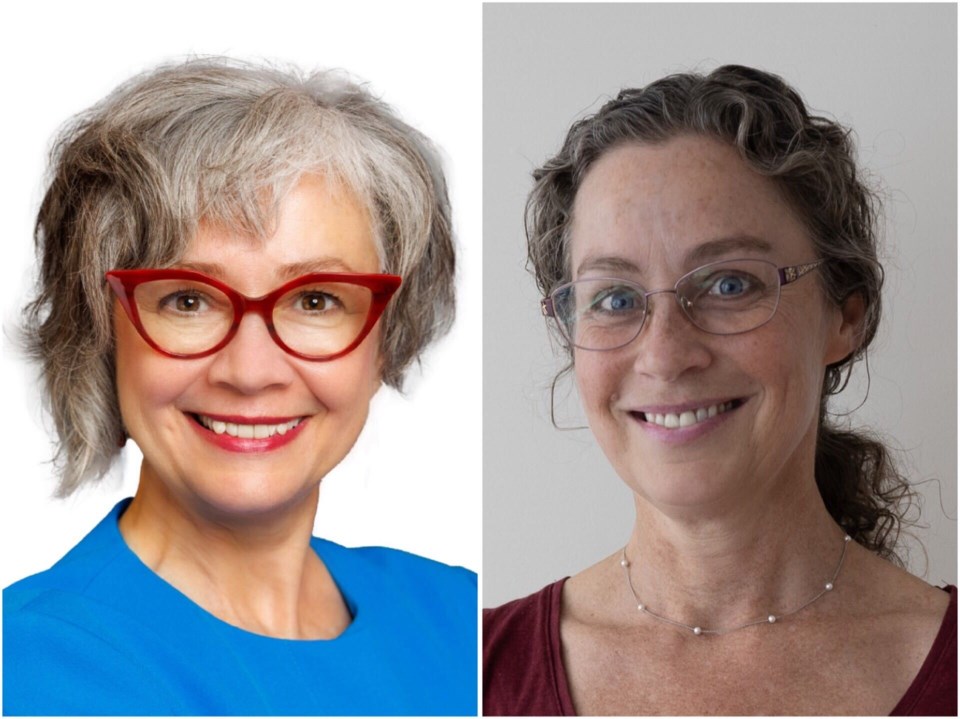Communities across BC are grappling with social issues including homelessness and the toxic drug crisis.
In March 2023, the Metro Vancouver point-in-time homeless count counted 4,821 unhoused individuals – a 32 per cent increase from the previous regional count in 2020. That included 235 people in New West and 160 people in the Tri-Cities.
The BC Coroners Service reported that at least 2,511 people in B.C. died of toxic, unregulated drugs in 2023, which was the largest number of drug-related deaths reported to the agency in a single year.
According to the Coroners Service, unregulated drug toxicity is the leading cause of death in British Columbia for persons aged 10 to 59, accounting for more deaths than homicides, suicides, accidents, and natural disease combined. As of the end of 2023, nearly 14,000 British Columbians had died of unregulated drugs since the public-health emergency was first declared in April 2016.
As a result of community concerns about impacts related to a variety of social issues, the City of New Westminster established a crises response pilot project to address homelessness, mental health, and addiction.
The Record sent out questionnaires with a series of questions to the three candidates in New Westminster-Coquitlam: Maureen Curran (BC Green Party), Ndellie Massey (Conservative Party), and Jennifer Whiteside (BC NDP). Only Curran and Whiteside responded to our questionnaire.
Here are the Green and NDP candidates’ responses to the question: What specific actions would your government take to address social issues such as homelessness and toxic drug deaths?
Maureen Curran, BC Green Party
This is a complex problem with a lot of overlapping areas that need to be addressed, but the crucial point is to make sure we use evidence based practices, and provide fully integrated services. There are too many parents losing kids and kids losing parents to the toxic drug supply, we have to adapt and do everything possible to lower the death counts.
Helping people avoid homelessness through affordability measures and providing more supports for those with mental health is one way to make sure that we stop seeing this continual increase in those who are forced out onto the streets.
Leaving people on waitlists for months means they are more likely to have relapsed or be too sick to benefit from help. Safe sites and supply are going to be a part of any effective plan, but they need to be fully integrated into funnelling more people into effective treatment. Voluntary treatments need to be available right away, and they need to be fully regulated with tracked outcomes to ensure accountability. We need a standard of care that is updates by experts and those with lived experience. There should be a variety of programs available because the data shows that the more common “12 step” programs aren’t universally successful.
We also need much stronger prevention program so our students are equipped with up to date drug safety information. We need give them mental health supports too, to lessen the chances of uninformed decisions that end in tragedy.
Jennifer Whiteside, BC NDP
David Eby is taking decisive action to tackle BC's homelessness and toxic drug crises with thoughtful, long-term solutions. Our strategy focuses on compassionate care and addressing the root causes of these issues.
Since 2017, we've built over 6,000 supportive homes with wraparound services like mental healthcare and addiction treatment, with nearly 3,000 more underway, including in New Westminster. These homes help people transition from homelessness to stability, and we're committed to building even more to ensure every British Columbian has a place to call home and the tools they need to rebuild their lives.
David Eby is tackling the toxic drug crisis by expanding access to treatment. Since 2017, we've opened over 650 new treatment beds and are building more facilities across BC to ensure people get the help they need.
We've made opioid treatments like methadone and suboxone free and launched a new Opioid Treatment Access Line so people can access same-day opioid agonist therapy across BC.
By working with police, we are fighting drug trafficking, seizing proceeds of crime, and putting the criminals who deal these deadly drugs behind bars.
Early intervention is key to preventing addiction, especially in youth. We're opening 35 Foundry youth centres and expanding the Road to Recovery model, providing seamless care from detox to long-term recovery, preventing crises from escalating.
By collaborating with communities and First Nations, we ensure our solutions are culturally safe and accessible. Through these comprehensive efforts, the BC NDP is committed to promoting health, safety, and dignity for everyone.


